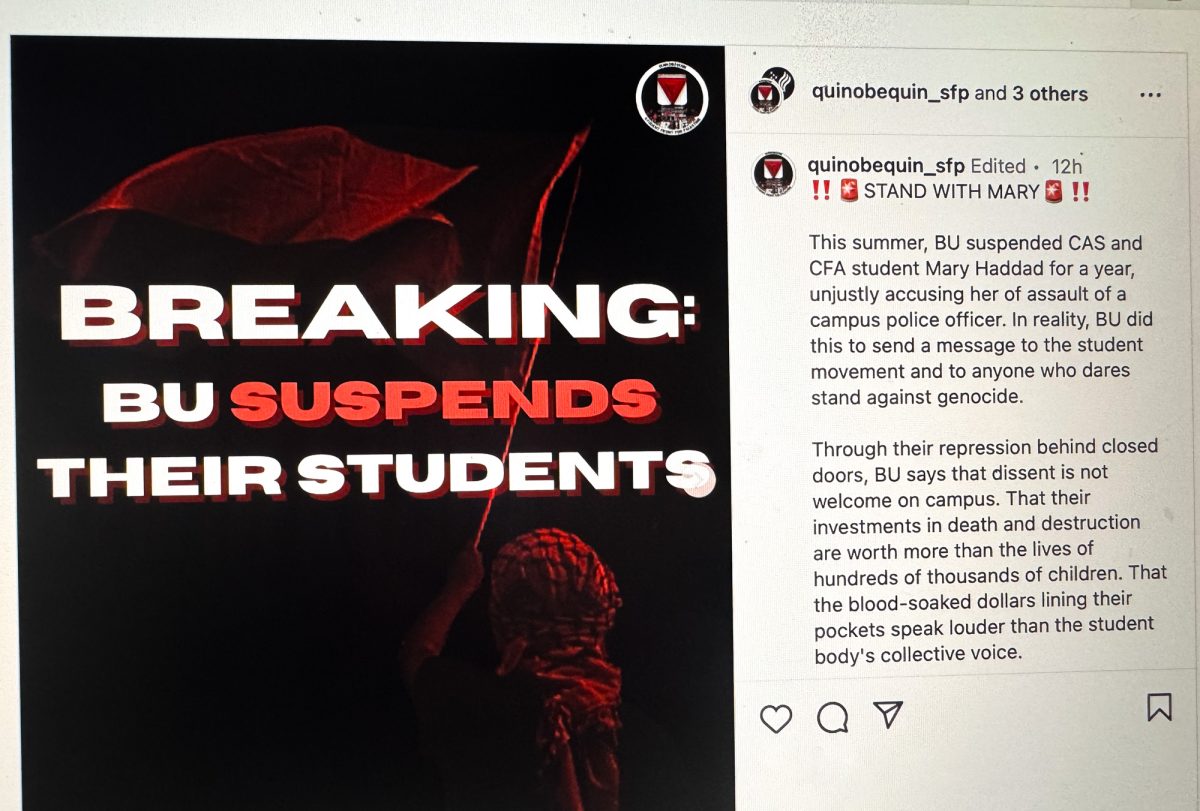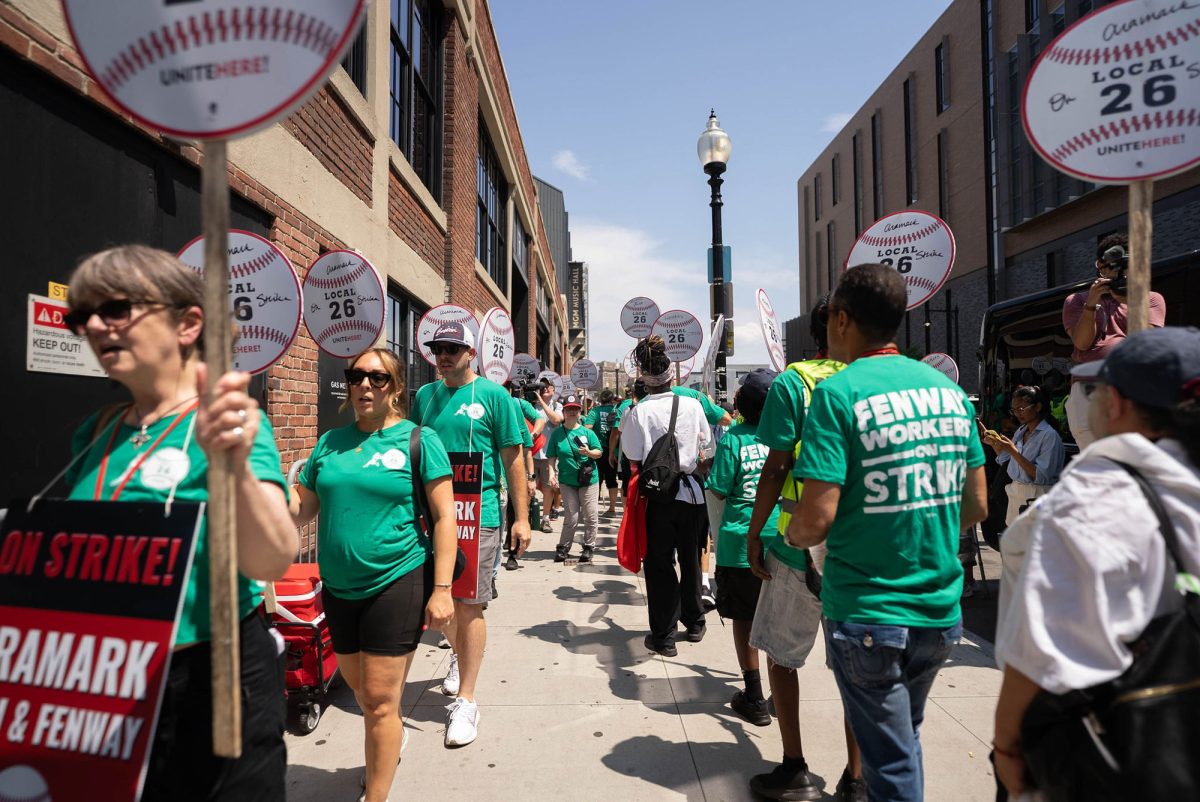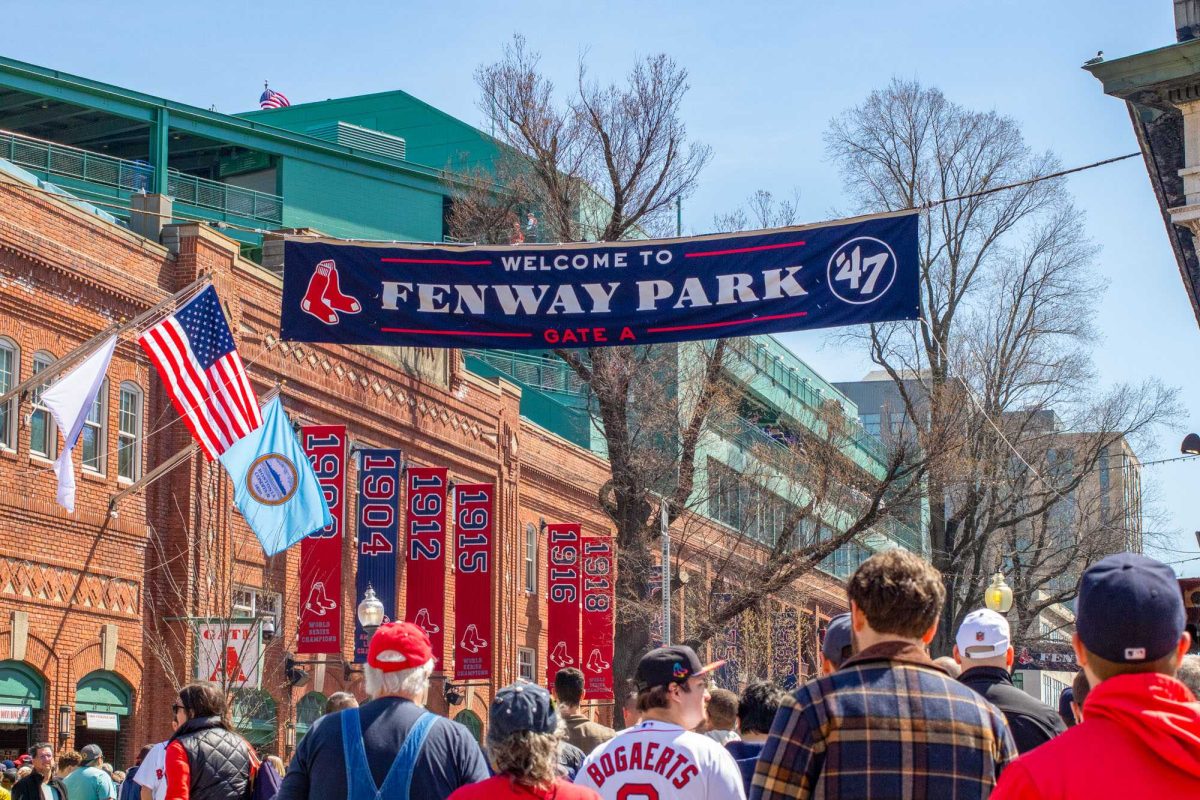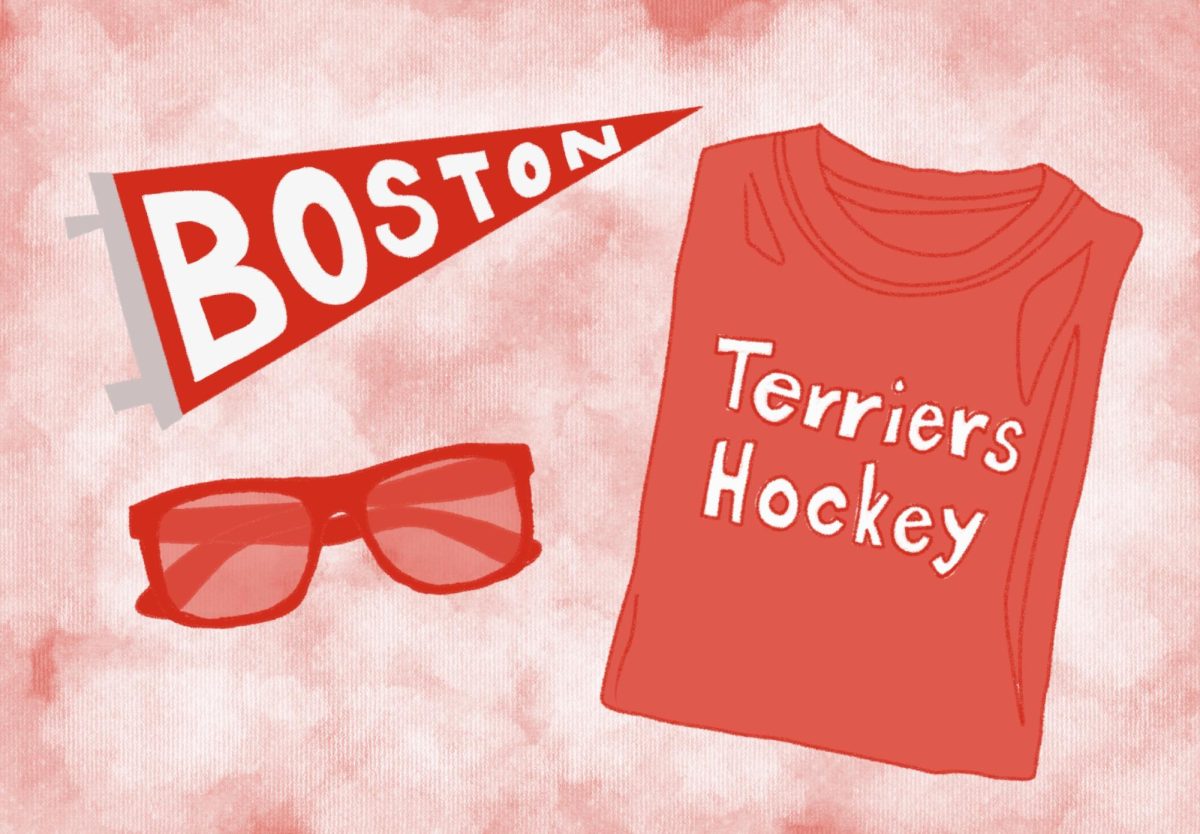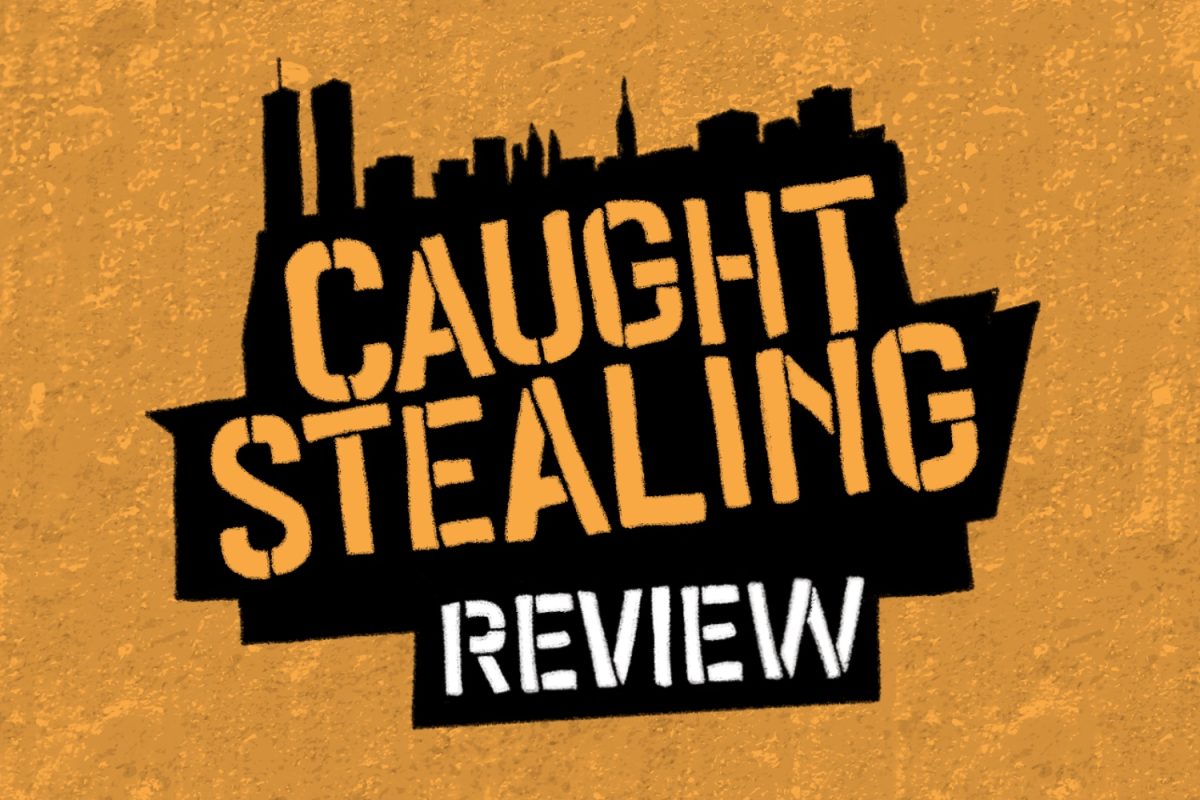After the Massachusetts Bay Transportation Authority purged all alcohol advertisements from its system in July, officials and substance-free coalitions seek to permanently seal the agreement in legislation that also calls to extend the ban to all state property.
Following the MBTA’s voluntary removal of alcohol advertisements from public transportation in July, the coalition Supporting an Alcohol Ad Free Environment in Massachusetts stands behind a more expansive measure.
“In the bill, we are looking to end alcohol ads on all state property including the MBTA,” said Cory Mashburn, co-chair of SAFE-MA. “We want to extend it to all state property, but make it an official law for the MBTA.”
The bill, sponsored by Rep. Martin Walsh, of Dorchester, was first presented in 2011 and has been on the House floor since February, Walsh said.
He said it would legally ban alcohol advertisements on MBTA transportation, despite the MBTA having removed alcohol ads in July.
“The reason we are trying to get this bill passed is because a new governor could come in and change it back to the way it was before the ads were banned,” Walsh said. “We don’t want that to happen. We want a permanent solution.”
MBTA spokesman Joe Pesaturo said in an email the passage of this bill will not affect the MBTA.
“The MBTA has already banned alcohol ads for its property,” he said. “Such ads have not been seen on the MBTA since the summer. The MBTA acted voluntarily because the Allston-Brighton Substance Abuse Task Force made a convincing argument against the ads.”
The bill also aims to ban alcohol advertisements on other state property.
“Notwithstanding any other general or special law to the contrary, alcohol advertising on any property owned or operated by the Commonwealth shall be prohibited,” according to the bill.
Mashburn said the largest issue with alcohol advertisements on state property is with billboards.
“When we first started this push, we did a survey in Boston and the surrounding areas, and most of them said they see these ads the most on billboards and the MBTA,” Mashburn said.
Walsh said the measure is still being reviewed.
“The bill is in the Ways and Means Committee right now,” he said. “We have two years to get it passed before the bill is dead and we have to re-file it. It’s difficult getting it through the legislative process.”
Walsh said the bill is intended to help address underage drinking.
“These [the ads] are a big marketing tool to young people,” Walsh said. “The advertisements make drinking glamorous. It’s not a glamorous thing. Is it [the ban] going to stop it [underage drinking]? No, but it is a piece of the puzzle that will prevent it.”
Drinking can begin at a young age, according to a 2011 National Survey on Drug Use and Health study.
“In 2011, rates of current alcohol use were 2.5 percent among persons aged 12 or 13, 11.3 percent of persons aged 14 or 15, 25.3 percent of 16- or 17-year-olds, 46.8 percent of those aged 18 to 20 and 69.7 percent of 21- to 25-year-olds,” the survey stated.
College students frequently engage in underage drinking, according to a May 2011 U.S. Department of Health and Human Services report.
“Studies consistently indicate that about 80 percent of college students, of which 48 percent are underage, drink alcohol, and about 40 percent of all college students engage in binge drinking,” the report stated
Some alcohol retail store employees said the ban is not in the state’s best interest.
“I don’t know why they would do that,” said Jason Katz, vice president of Brookline Liquor Mart. “Considering how much the ban would affect the budget of the state, they need these ads as a source of revenue.”
Walsh said the ban would not lose the Commonwealth any money.
“The ban would be revenue neutral,” he said. “We wouldn’t lose any money, but we wouldn’t gain any money.”
Katz said the removal of alcohol ads on the T might contribute to fare hikes.
“That [the ban] is why customers pay more for the T,” he said. “They need this revenue. Not having these ads put limits on the free market.”
But Katz said the bill passing would not affect small retailers.
“I don’t believe it will affect our sales,” Katz said. “The advertising is more of an outlet for big companies, not small stores like us. The individual retailers would not be directly affected.”

